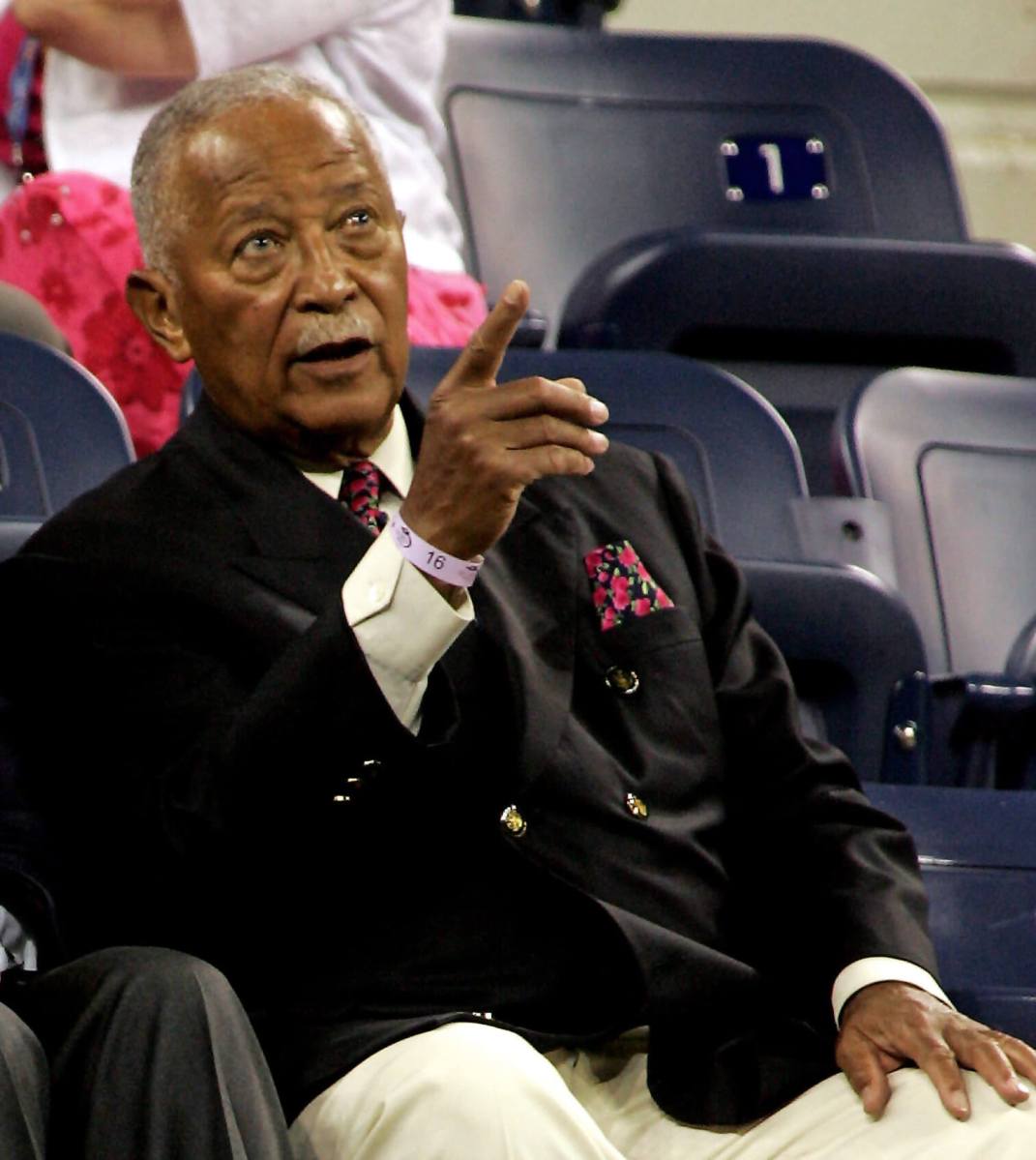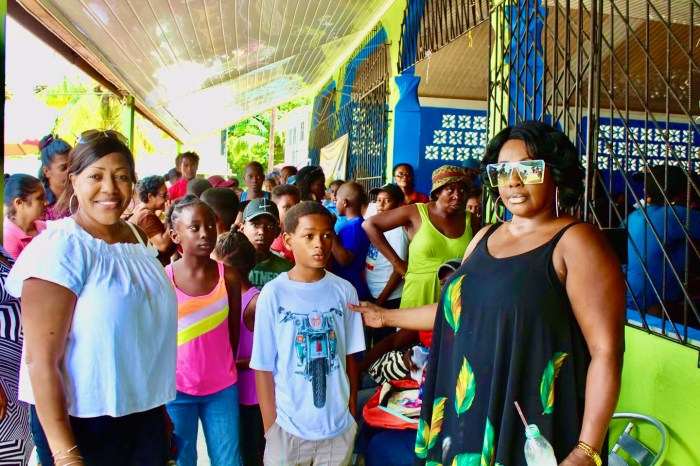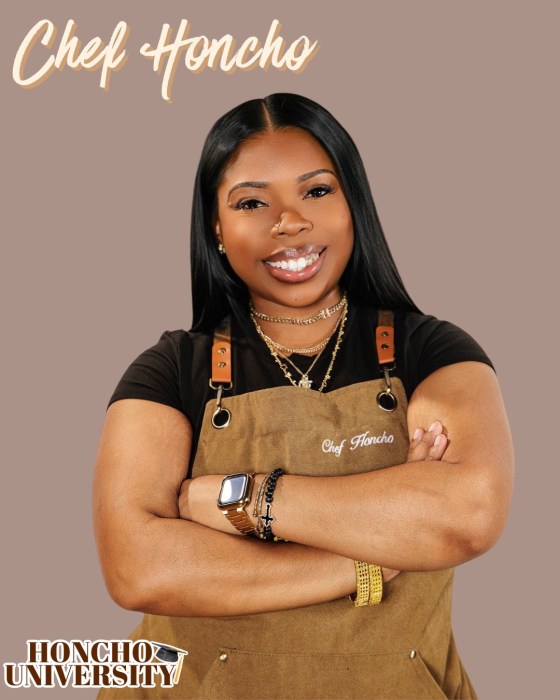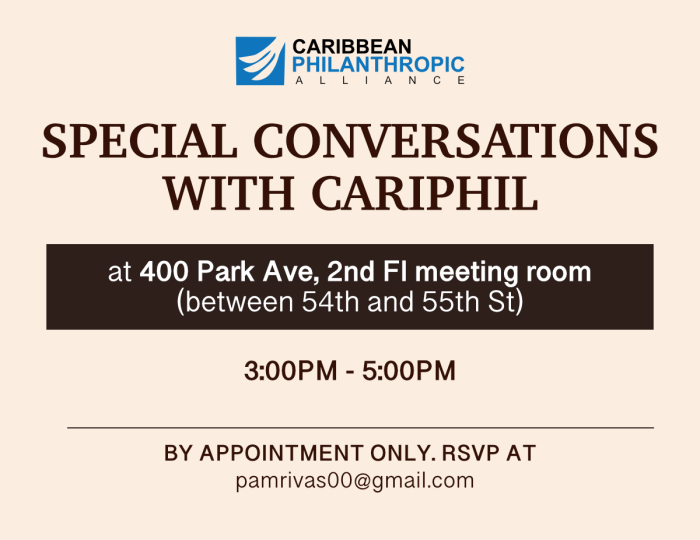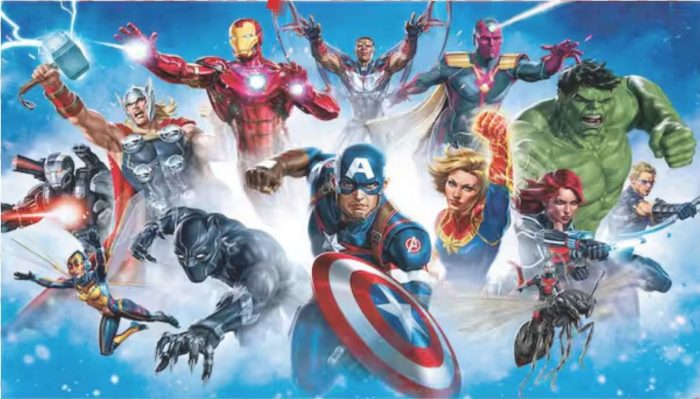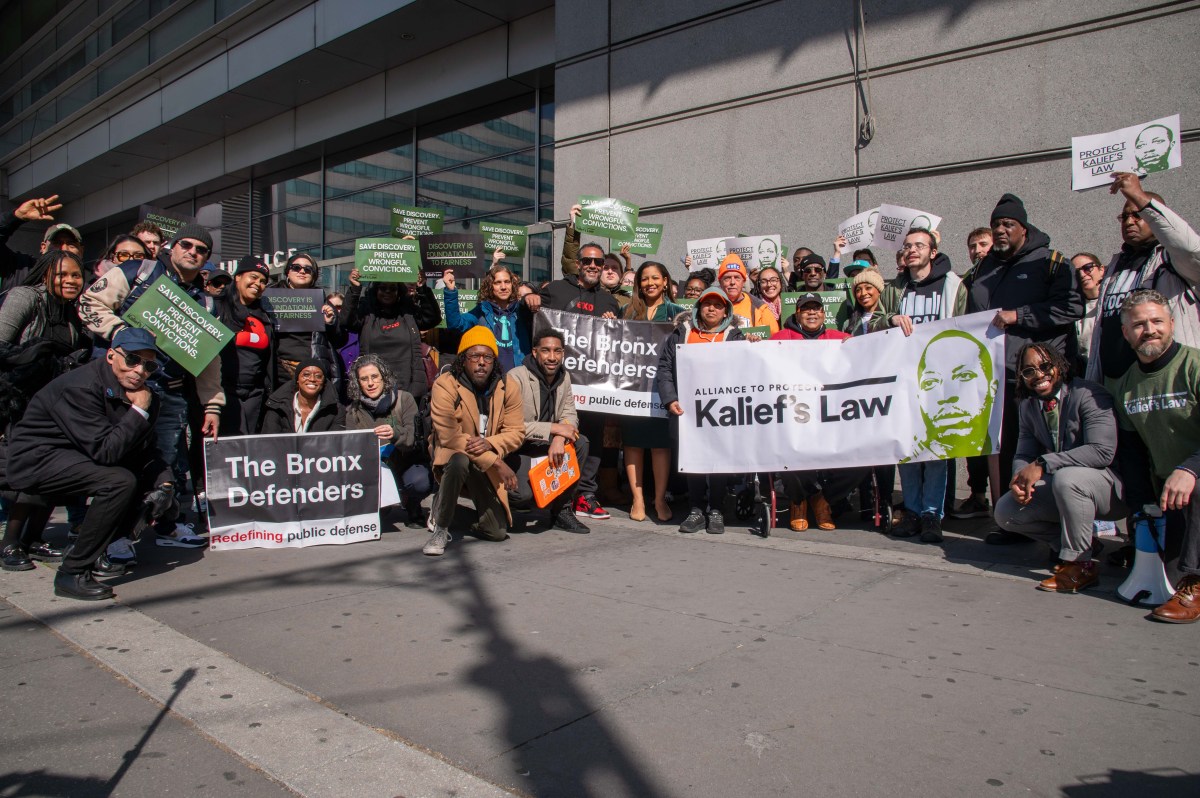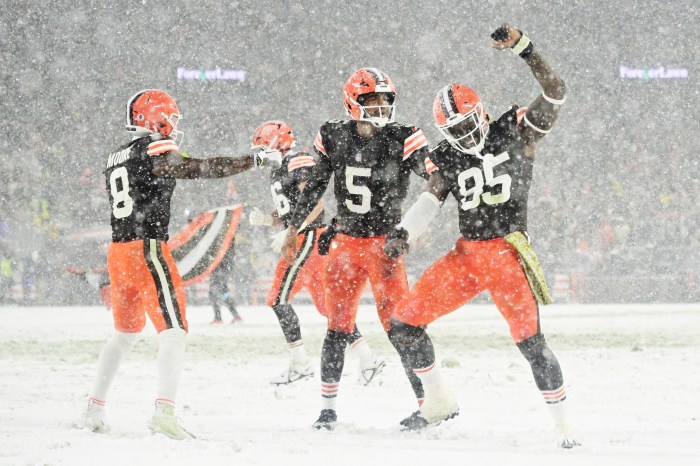Caribbean American elected officials on Tuesday paid tribute to New York City’s first and only Black Mayor, David N. Dinkins, who passed away Monday night at his home on the Upper East Side of Manhattan. He was 93.
“It’s hard to adequately express the impact of the life and work of New York City’s first Black Mayor, David Dinkins,” said Public Advocate Jumaane Williams, the son of Grenadian immigrants. “The city benefited from his leadership, and so many Black New Yorkers benefitted from his pioneering example.
“For me, a young man when he was elected, he was inspiring,” Williams added. “I could not be the fourth citywide Black elected leader, if he were not the first. It was a privilege to have met and spent time with him, and it is an enduring honor to work in the building he did for so long, one that now bears his name.”
The public advocate noted that Dinkins assumed his role in City Hall and in history at a time when the city faced compounding crises of economic turbulence, racial injustice, and systemic failings in housing, policing and healthcare, among other things.
“The mayor sought to steer the city through the moment and move it forward,” Williams said. “He took up that mission not with bombast or ego, but with deliberative determination to continue down the path of liberty, justice and equity.”
He said Dinkins was “a moral center for the city with a clear vision for a better New York.”
In creating the Civilian Complaint Review Board (CCRB), in leading the Safe Streets, Safe City initiative, among many other areas, Williams said Dinkins “paved the way for progress we would later see and which others would try to claim credit for.
“He took strong interest in uplifting and supporting young people like myself, and he focused on creating direct and indirect opportunities for growth that I and others now try to build upon,” the public advocate said. “And for his work, he was mercilessly attacked and vilified by those who would rather stoke resentment than solve problems.
“Through all of the criticism, he continued to do the work he knew to be right,” he added. “After he left office, he continued to be a pillar of leadership, and a role model for people across the borough and the nation.”
Williams said losing Mayor Dinkins, just weeks after his beloved wife, Joyce, is “a solemn moment of sorrow for our city.
“We owe him not only a debt of gratitude but a commitment to try and realize his vision for what the gorgeous mosaic of New York City can be — uplifting each piece, and recognizing that it is at its strongest and most beautiful when the pieces are brought together, as was Mayor Dinkins’ mission,” Williams continued. “His passing leaves a gap in that mosaic as New York feels a historic loss.”
Brooklyn Democratic Party chair Assemblywoman Rodneyse Bichotte, the daughter of Haitian immigrants, said Mayor Dinkins, who served a single four-year term during the 1990s, will be remembered as “a pioneer in the history of our city.
“As New York’s first Black mayor, he broke barriers and sought to unify New Yorkers during a tense time in our city’s past,” said Bichotte, who represents the 42nd Assembly District in Brooklyn.
She said Dinkins established the city’s first Minority-owned Women Business Enterprise (MWBE) program, “setting the course for minority and women entrepreneurs to prosper in the empire state.
“I am grateful for Mayor Dinkins’ contribution to our city, which helped pave the way for others, like myself, to serve,” Bichotte said.
Under Dinkins’s term, she said the overall crime rate in the city fell 14 percent, and the homicide rate dropped 12 percent.
“It was the first time in more than a decade that the city became safer,” Bichotte said.
“The MWBE program he established boosted the award of contracts to MWBE’s by nearly 10 percent in a four-year span,” she added.
City Councilwoman Farah N. Louis, another Haitian American legislator in Brooklyn, said that, from the United States Marine Corps to city and state government, Mayor Dinkins was “a man of humility with a heart for service to others.
“During his mayoralty, he championed issues that disproportionately affected marginalized populations across our city,” said Louis, the daughter of Haitian immigrants, who represents the 45th Council District in Brooklyn.
“Today, we mourn the loss of a man who believed in building communities and preserving our city’s unparalleled cultural diversity,” she added.
Louis’s City Council colleague and compatriot, Dr. Mathieu Eugene, described Dinkins as “a trailblazer and compassionate public servant who made history as New York’s first African-American mayor.
“I want to express my deepest sympathies to his family and friends, and may God continue to bless and comfort them during this very difficult time,” said Councilman Eugene, representative for Brooklyn’s 40th Council District.
Brooklyn Borough President Eric Adams said New York City has lost “a great champion for people of color and a historic leader for a more inclusive city.
“Mayor Dinkins was not just the first Black mayor; he was not just a symbol,” he said. “Through his actions on behalf of lower-income people, he was both our effective advocate and confirmation of a long-held hope that our lives mattered to our government.
“May we all follow in his large footsteps and add our bright stitch to the gorgeous mosaic of New York City that he so loved,” Adams urged.


